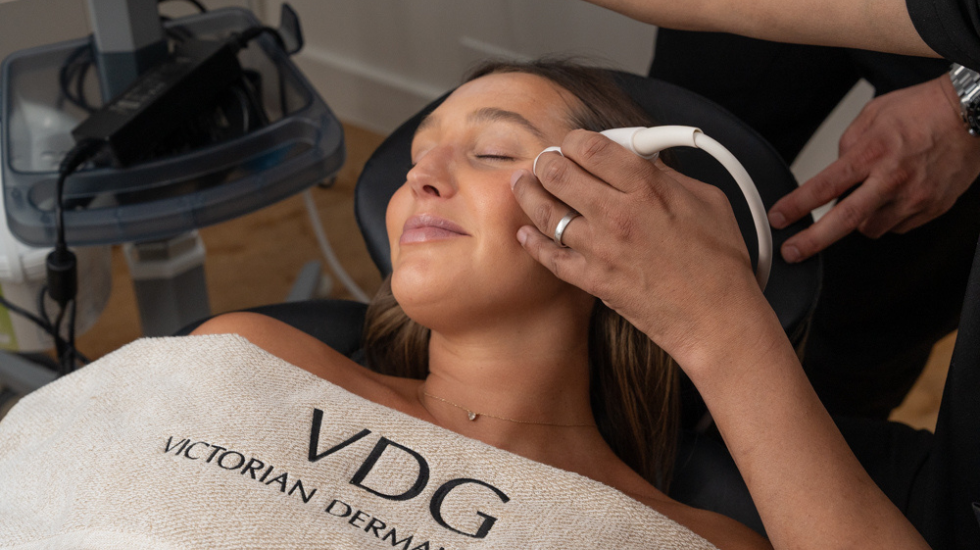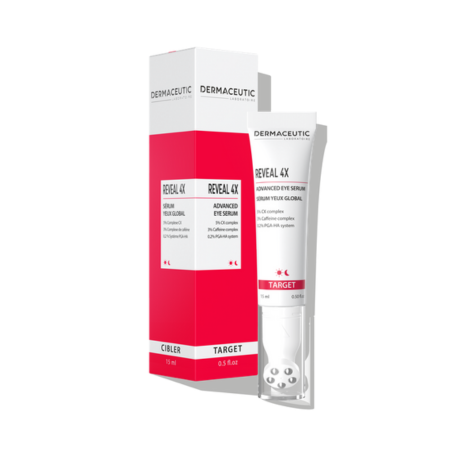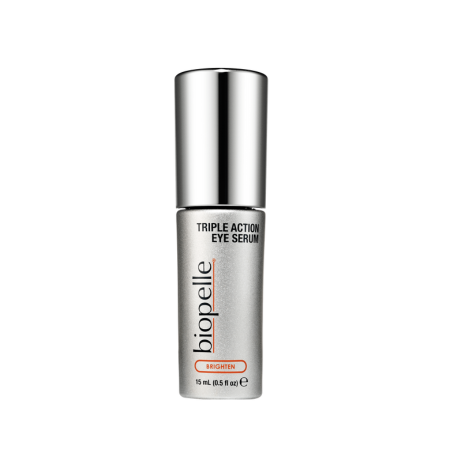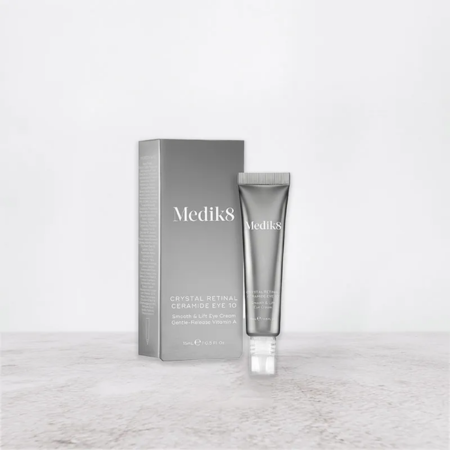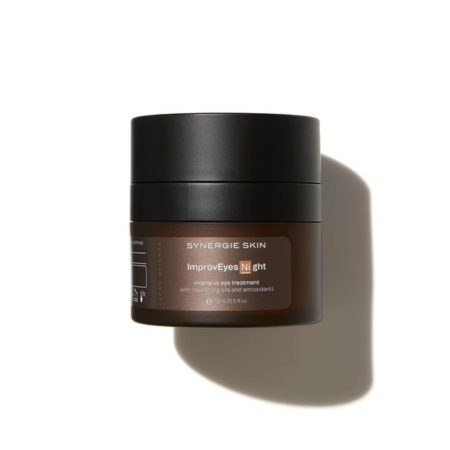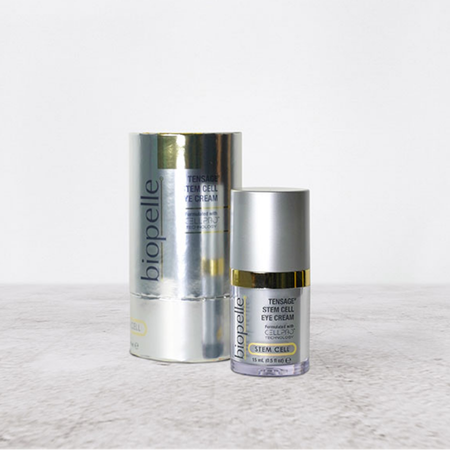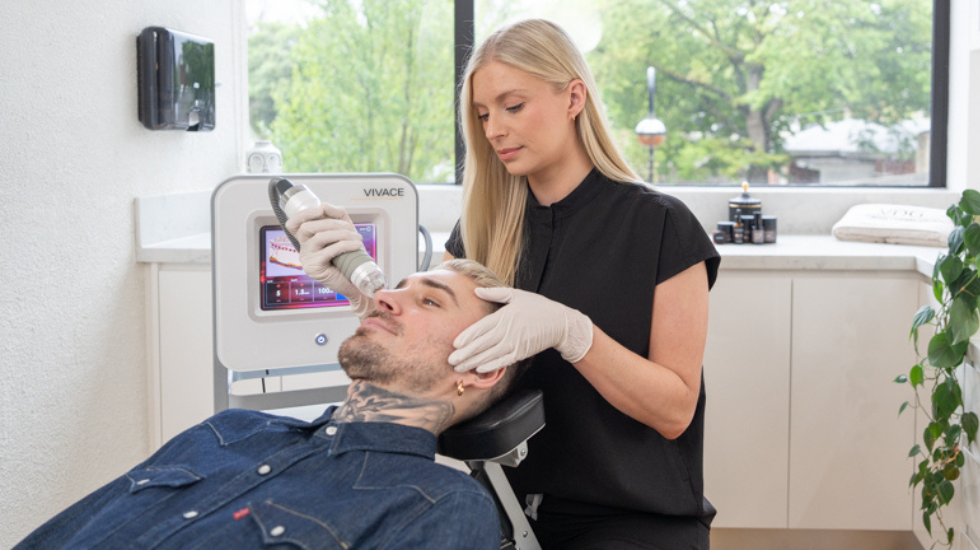Do you sometimes notice puffiness or dark circles under your eyes that leave you looking more tired than you feel? Under-eye bags can be a very common concern for people of all ages, and while surgical options exist, they're certainly not your only choice.
While there isn’t a quick fix to get rid of eye bags once and for all, the good news is that there are natural and practical approaches to reducing under-eye bags that don't involve surgery. Simple lifestyle adjustments and professional skincare treatments can both make a difference in how your under-eye area looks and feels.
What causes under-eye bags?
Under-eye bags can present in many different ways. We often see patients who have hyperpigmentation, fine/deep lines, puffiness, vascularity or a combination of all those things. This occurs when the delicate muscles and skin cells surrounding your eyelid begin to weaken. The fat and tissue that would typically support the muscles will slowly move to your lower eyelid and under-eye area. The next thing you know, you've got some new under-eye real estate you never asked for.
Several factors can cause dark and puffy under-eye bags. This includes:
- Hydration - too much salt intake or excessively drinking alcohol can cause you to retain water and cause swelling.
- Allergies - allergies can lead to swelling, congestion, and inflammation under the eye.
- Genetics - sometimes, under-eye bags can be a physical characteristic that runs in your family.
- Natural ageing process - the most common cause of under-eye bags is ageing, in which you lose firmness in the skin and muscles.
How to remove eye bags at home
If your under-eye bags aren’t severe, we recommend trying a range of at-home remedies. In fact, habitually using products or sticking to a routine can help reduce eye bags in minutes! Although at-home remedies may take longer to show results than cosmetic options, they are an affordable way of reducing eye bags without surgery.
Your at-home daily routine
* This routine is for general guidance only. Consult a dermal professional if you have persistent concerns, sensitive skin, or underlying medical conditions.




